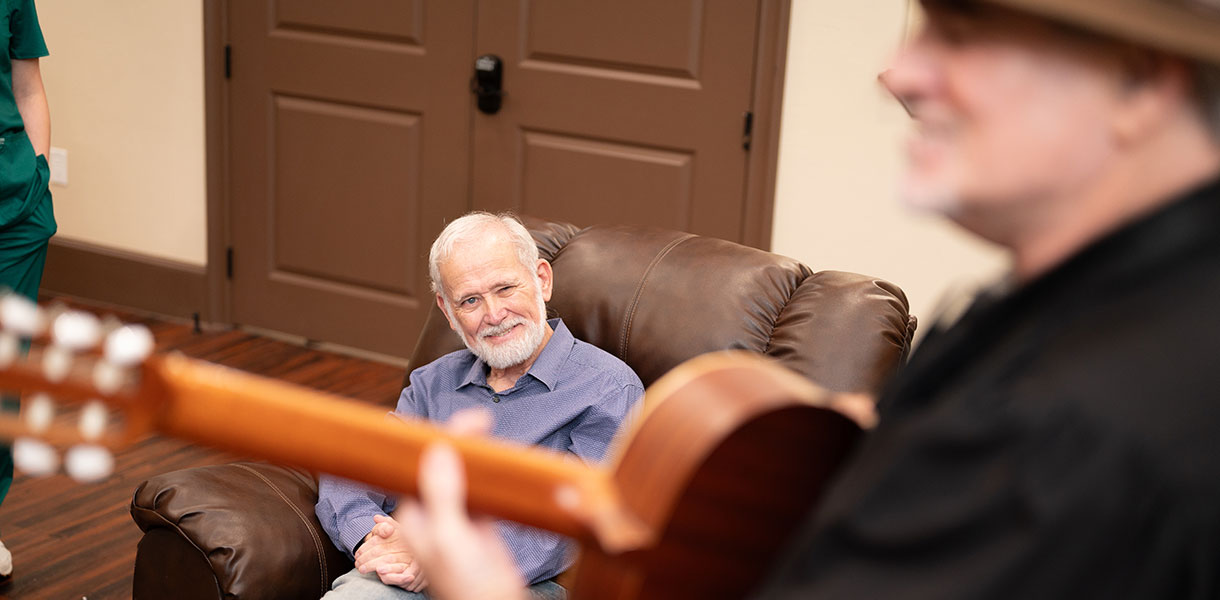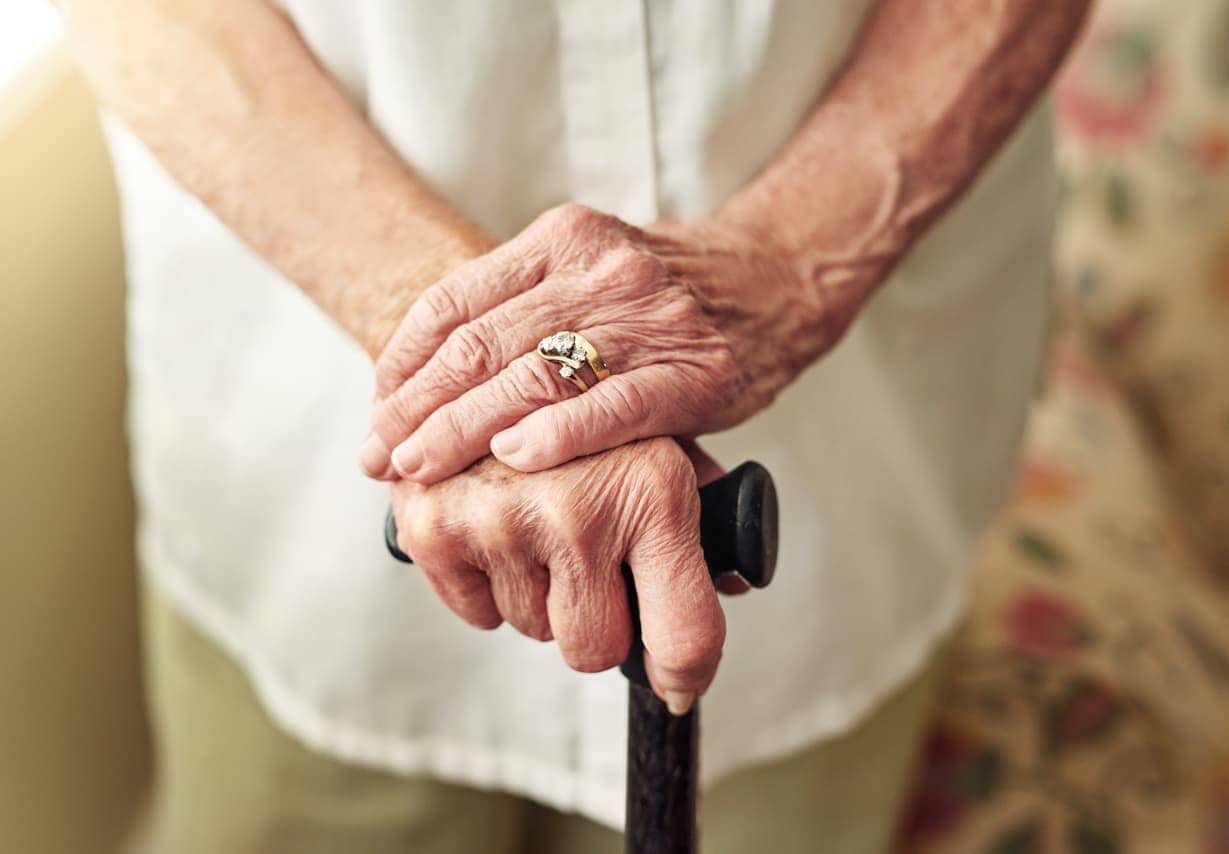
Supporting Your Loved One with Dementia Through Winter
Winter can be a challenging time for individuals with dementia. The shorter days and colder weather can disrupt routines, worsen sundowning symptoms, and lead to increased isolation. But with a little extra care and attention, you can help your loved one navigate this season more comfortably.
At Avalon Memory Care, we understand these challenges and have created an environment that supports residents through the winter months. Here are some strategies we use to make the season brighter:
1. Stick to Routines
Maintaining a consistent routine is crucial for individuals with dementia. Regular mealtimes, wake-up times, and bedtimes provide a sense of security and predictability, reducing anxiety and confusion. Resist abandoning routines as you navigate winter holidays and breaks. Add structure to their day with planned activities including favorite hobbies and activities.
2. Minimizing the Effect of Sundowning
Sundowning, characterized by increased confusion and restlessness in the late afternoon and evening, can be particularly challenging in winter. Here are some ways to minimize its effects:
- Let the sunshine in: Maximize natural light exposure by opening blinds and curtains during the day. Consider using full-spectrum light bulbs in living areas.
- Limit naps and caffeine: Encourage daytime activity and discourage napping to promote restful sleep at night. Avoid caffeine in the afternoon and evening.
- Create a calming atmosphere: As evening approaches, dim the lights, play calm music, and encourage relaxing activities to unwind.
3. Promoting Connection
Social interaction is vital for emotional well-being, especially during the winter months when it’s easy to become isolated. Regular visits, phone calls, and video chats from loved ones can help combat feelings of loneliness and isolation. Giving your loved one opportunities to participate in group activities provides opportunities for social interaction, mental stimulation, and enjoyment. Bring out photo albums, home videos, and favorite movies to foster a sense of ease and familiarity.
4. Promoting Overall Well-being
Physical and mental health go hand-in-hand. Gentle exercise like walking indoors can improve mood, sleep, and overall well-being. Ensure your loved one eats balanced and nutritious meals to support their physical health.
A Supportive Community
At Avalon Memory Care, we’re dedicated to providing a warm, nurturing environment that supports residents’ physical, emotional, and social well-being throughout the year. Our communities are designed with ample natural light and cozy common areas to combat the winter blues. Our experienced staff is specifically trained in caring for individuals with dementia and can provide personalized support to manage sundowning and other behavioral changes.
Schedule a tour and learn more about how we can support your loved one all through the year.
See More Articles
-
Visiting Your Aging Parent With Memory Loss at Avalon Memory Care
As a loving son or daughter, you naturally want the best of care for your senior parent. The compassionate assisted living caregivers at Avalon Memory Care want you to know that while your parent is living with us, he or she will receive nothing less than respectful, loving care within our comfortable, safe, and fully-staffed
-
Celebrating New Year’s Day in Memory Care
Families often find that celebrations with their loved ones in memory care are easier when they embrace new traditions. For instance, it may not be practical to expect your loved one to stay up until midnight on New Year’s Eve. Instead, consider throwing a New Year’s Day celebration, complete with a countdown to the first
-
Understanding Parkinson’s Disease and Dementia
Parkinson’s disease is an incurable neurological disorder, with progressively worsening complications. Perhaps the most well-known symptom of Parkinson’s is a hand tremor, but it can also cause speech changes, muscle rigidity, and impaired posture. Eventually, as the disease progresses, more than half of all individuals with Parkinson’s will require dementia care. This particular type of
Testimonials
Downloadable Resources
We Are Avalon
Discover the heart of our community; download ‘We Are Avalon’ to get to know our dedicated team and our commitment to providing a warm, family-like environment.
Transitional Care Guide
If you’re considering a transition, we’re here to help; download our Transitional Care Guide for compassionate guidance through each step of the process.
Schedule a Tour
Visit one of our 30+ campuses and experience our unique approach to memory care.












